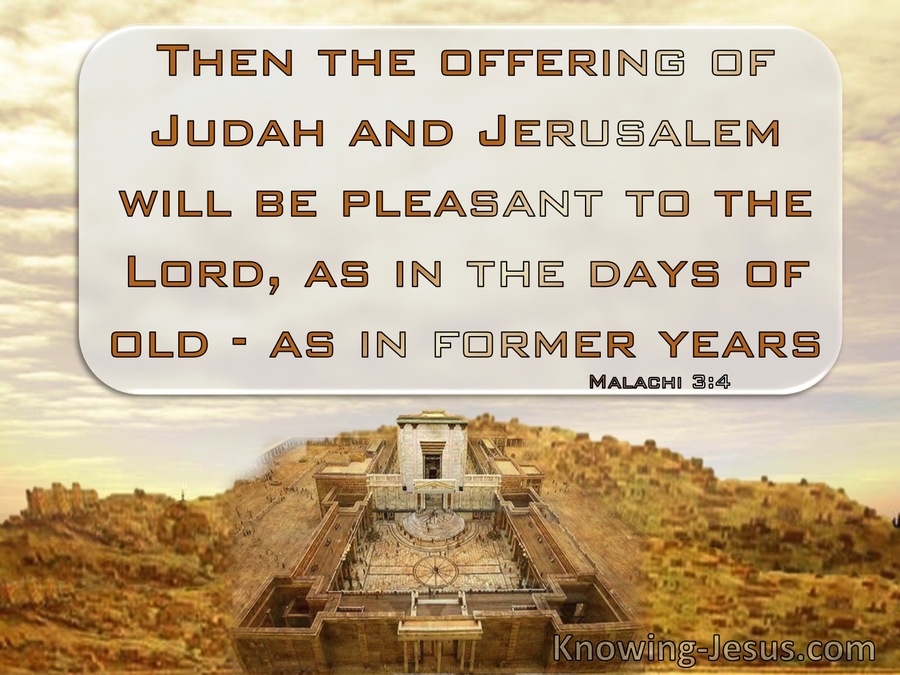In slaughter offerings, the portion allocated to God was mainly the fat, the part which can most easily be burnt
(fat is quite combustible); scholars believe it was felt that the
deity, being ethereal, would appreciate ethereal food more than solid
food.
One way to think about ancient sacrifices is as “gifts” given to God. When they performed sacrifices, ancient Israelites gave to God some of what they believed God had given them, expressing their close relationship with God and seeking to deepen that bond.--Sacrifice in Ancient Israel by William K. Gilders

In the Hebrew Bible, sacrifice always involves transformation. One of the most common ways to transform something is to destroy it. Destruction removes the animal from the ordinary realm and transfers it to a transcendent one. Biblical texts tell us that God received the smoke of the burning sacrifice as a “pleasing odor” (see, for example, Lev 1:13). In so doing, God enjoyed a fellowship meal with human beings in God’s dwelling on earth—the temple.
The temple was a domestic setting, the place of God’s presence with the nation. One of the most common terms for the temple was ”house,” and it had furnishings, such as a lamp and a table. The altar was a cooking surface, a barbecue, so to speak, where the sacrificial animal was “cooked.” Burning up or “over-cooking” the sacrifices in the altar fire was a way for man to share a meal with God. Burning fatty parts of animals transformed the fat into smoke. The smoke ascended into the air and dissipated. This signified that God had accepted the offering. This may explain why God did not accept the produce that Cain offered but did accept the animals offered by Abel. Produce may be eaten raw or cooked, but is never burned. The fat of a slaughtered calf burns well and ascends up to God while the meat stays on the table to be shared among those offering the sacrifice.
No comments:
Post a Comment